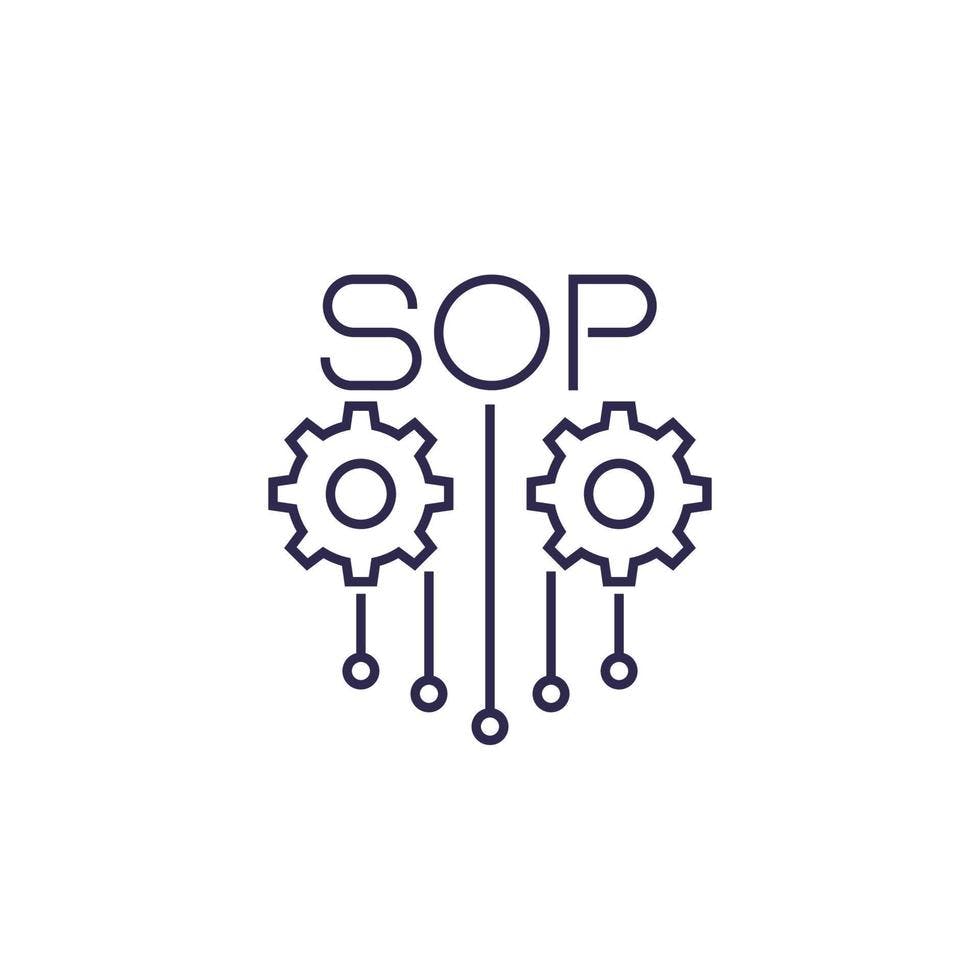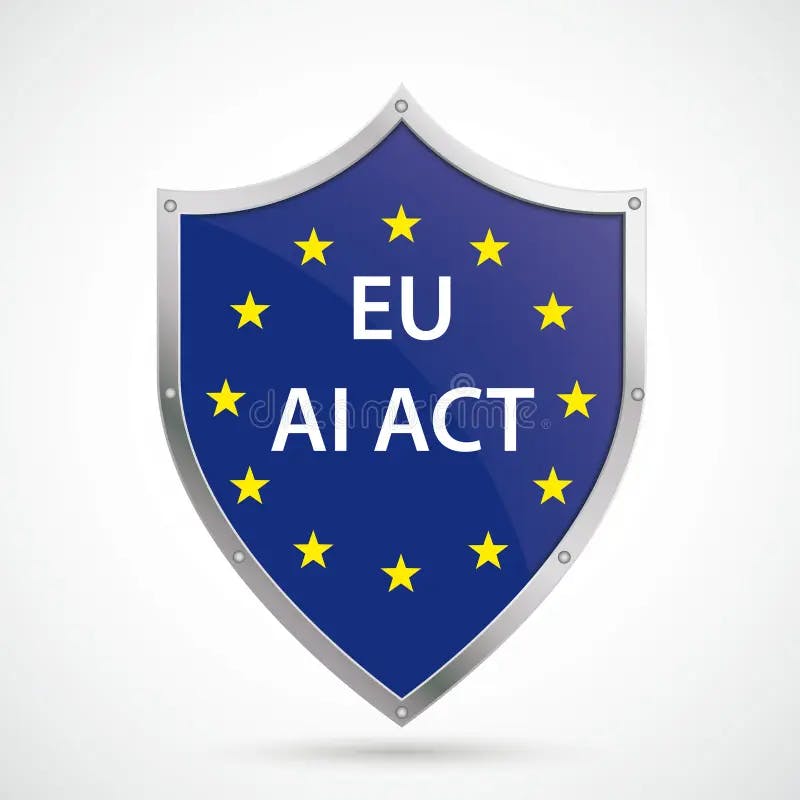Avoid Consent Fatigue: Building Trust in a Data-Driven World
Explore consent fatigue in data privacy, its implications, and best practices to mitigate it. Learn how to balance user experience and regulatory compliance to avoid consent fatigue effectively.
Data protection and privacy have become paramount concerns for individuals and businesses alike. With the proliferation of data collection practices, the concept of consent has taken center stage. However, the constant need to provide consent for various data processing activities has led to a phenomenon called "consent fatigue."
In this article, we will explore the concept of consent fatigue, its implications, and best practices to mitigate it. Whether you're an individual concerned about your privacy or a business navigating the complexities of data privacy regulations, this article is worth reading to gain insights into avoiding consent fatigue.
Why is consent so important?
Consent is important in data privacy as it respects individuals' rights and gives them control over their personal information. It ensures that sensitive data is protected and used appropriately, and it promotes transparency and accountability. Obtaining proper consent is also a legal requirement under regulations like the UK GDPR, but businesses must be mindful of consent fatigue. By obtaining clear and unambiguous consent, providing easy withdrawal options, and implementing user-friendly consent management solutions, businesses can address consent fatigue and prioritize individuals' privacy rights.
What is consent fatigue?
Consent fatigue refers to the exhaustion individuals experience due to the constant need to provide consent for data collection and processing. The multiplication and recurrence of consent banners, privacy notices, and cookie banners lead to consent overload. Individuals are exposed to consent requests numerous times, which can result in decision fatigue and a decreased willingness to engage with privacy preferences. This fatigue poses a risk to the effectiveness of consent as a means of data protection and privacy regulation compliance.
Best practices to mitigate consent fatigue
To avoid consent fatigue, organizations must adopt best practices that prioritize user experience and minimize the burden of consent. Some key practices include:
- Granular Consent: Provide users with options to provide consent for specific types of data collection and processing. This allows individuals to make informed choices and retain control over their personal data.
- User-Friendly Consent Mechanism: Design consent interfaces that are intuitive, easy to understand, and navigate. Simplify the language used in consent forms and clearly explain the purpose and implications of data processing activities.
- Consolidate Consent Requests: Minimize the frequency of consent requests by combining them into a single, comprehensive consent collection process. This reduces the number of interruptions and improves user satisfaction.
- Revoking Consent: Enable users to easily revoke their consent at any time. Provide clear instructions on how to manage consent preferences and make the process transparent and accessible.
User-friendly consent management
One effective way to combat consent fatigue is by implementing user-friendly Consent Management Platforms (CMPs). A user-friendly CMP streamlines the consent experience by centralizing and simplifying the management of consent preferences. It allows users to easily understand and manage their consent choices, reducing the cognitive load associated with consent decisions.
Google Consent Mode v2 in easing consent fatigue
Recognizing the challenge of consent fatigue, Google has introduced Consent Mode v2. This approach aims to minimize the impact of consent on user experience while still meeting the requirements of the GDPR and ePrivacy Directive. By leveraging Consent Mode v2, businesses can provide a more seamless and less intrusive consent experience, reducing the risk of consent fatigue for their users.
Overcoming consent fatigue
As the discussion around consent fatigue evolves, future approaches to consent are being explored. This includes exploring alternative consent models that go beyond the traditional opt-in/opt-out paradigm. Additionally, guidelines on consent are continually evolving, emphasizing the need for valid and informed consent. Moving forward, it is crucial for organizations to stay informed about emerging trends and adapt their consent practices accordingly.
Final thoughts
Consent fatigue is a real concern in the realm of data privacy. To avoid this phenomenon and ensure effective data protection, organizations and individuals must adopt best practices that prioritize user experience, streamline consent management, and minimize the burden of consent. User-friendly consent mechanisms, granular consent options, and consolidated consent processes are some key strategies to combat consent fatigue. Additionally, advancements like Google Consent Mode v2 offer promising solutions. By staying informed and proactive, we can navigate the complexities of consent and safeguard privacy in the digital era.
Key Takeaways
- Consent fatigue refers to the exhaustion individuals experience due to the constant need to provide consent for data collection and processing.
- Best practices to mitigate consent fatigue include granular consent, user-friendly consent mechanisms, consolidated consent requests, and easy consent revocation.
- User-friendly CMPs can help combat consent fatigue by simplifying the consent experience.
- Google Consent Mode v2 offers a more seamless and less intrusive consent experience for users.
- Future approaches to consent will focus on alternative consent models and evolving guidelines to ensure valid and informed consent.
Get Started For Free with the
#1 Cookie Consent Platform.
No credit card required

AI Governance: The Complete Enterprise Guide to Risk, Compliance, and Accountability
Your organization uses AI to screen job candidates, personalize customer experiences, and automate credit decisions. Six months ago, these were software features. In 2026, they're regulated AI systems subject to the EU AI Act's high-risk classification—requiring technical documentation, logging infrastructure, human oversight mechanisms, and formal risk assessments before deployment. Non-compliance penalties reach €35 million or 7% of global revenue.
- Legal & News
- Data Protection

Data Protection Standard Operating Procedures (SOPs): A Practical Guide
Your privacy policy is published. Your data processing register exists somewhere in a shared drive. Your legal team signed off on vendor contracts last year. And yet, when a data subject access request arrives or a breach occurs at 11pm on a Friday, nobody knows exactly what to do, who owns the process, or what evidence needs to be captured.
- Data Protection
- Privacy Governance

EU AI Act 2026: Key Compliance Requirements for Enterprises
Your organization uses AI to screen job candidates, assess credit applications, and personalize customer experiences. These weren't regulated activities six months ago. In 2026, they're high-risk AI systems subject to the European Union's most comprehensive technology regulation to date—and non-compliance could cost your company 7% of global annual revenue.
- Legal & News
- Data Protection
- GDPR
- CCPA

